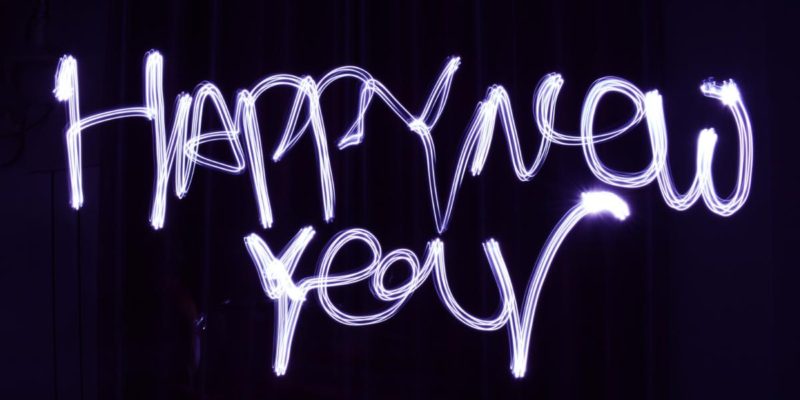So it’s that time again, New Year’s Eve. Standing poised between the closing hours of the old year and the opening hours of the new, we may, if we are lucky, snatch some moments to reflect back on the losses and gains, the high points and the low points of the year that is drawing to a close.
Amidst the pressures of family life and work it can be difficult to take the opportunity that this holiday time might bring to stand still for a moment and note one’s own state of mind and body. There is a cultural and social drive to keep moving on, to accumulate more money, experiences, relationships and possessions. Yet in order to be open to make good use of these potential experiences and relationships on offer, we need to struggle to achieve the kind of self-awareness, insight and equilibrium, which will enable these experiences to be truly valued and transformational. This notion of self knowledge as the key to something transformational is hardly new. As Marcel Proust wrote, ‘The real voyage of discovery consists not in seeking new landscapes, but in having new eyes. ‘
So, how has the past year been for you and what are you left with at the end of it? What might you hope for yourself in the years ahead and are you going to need to do something differently in order to achieve it?[And doing something differently might involve less, rather than more, action.] The challenge posed here is two-fold.
Firstly, it requires an awareness and acceptance of your own needs, hopes and desires. Many people have internalised a notion of their needs and desires as somehow shameful or invalid. Self denial and self disgust are frequently high on the agenda as the New Year begins. Resolutions centre on the need to somehow achieve validation through the ‘losing’ of things; chocolate, food, wine, weight, cigarettes. How often though are diets begun or substances given up only for the resolution to be broken in one of those ‘Oh f*** it!’ moments? On a dark, wet and windy January night the short term benefits of a take-away and a bottle of wine may heavily outweigh the long term gains of abstinence.
What may not get addressed is how these pleasurable substances fulfil and how instantly they are on hand to feed and ‘nurture.’ If you are going to take them away, with what are you going to replace them?
The second aspect of the challenge is that to get what you hope for, need or desire may involve Change, and as human beings [on an unconscious level at least] we seem highly resistant to change. Freud noted that his patients began analysis with him stating their conscious desire for change, but would then in the course of their treatment utilise all kinds of defence and resistance in order to ensure such longed for change would not take place. Sometimes the painful self sabotage we are engaged in seems safer and less unsettling than the new or unknown. Change after all involves loss. Loss of the way of life that we have become accustomed to. Otherwise it would be so simple , wouldn’t it? You want to be thin? Go on a diet, run! You want to save your liver? Stop drinking! These straightforward instructions seem so satisfying, so linear and clear. That’s why diet books sell. Alan Carr sells. And yet people slip back into their old ways of being, because the loss involved in giving up these behaviours and ways of being in the world have not been addressed somehow.
Perhaps we could begin the New Year thinking on what we might want to add to our lives, rather than what we should take away. By shifting the focus from self denial to self care, it may be that fear of change and loss can be confronted in a rather different and more generative way.

